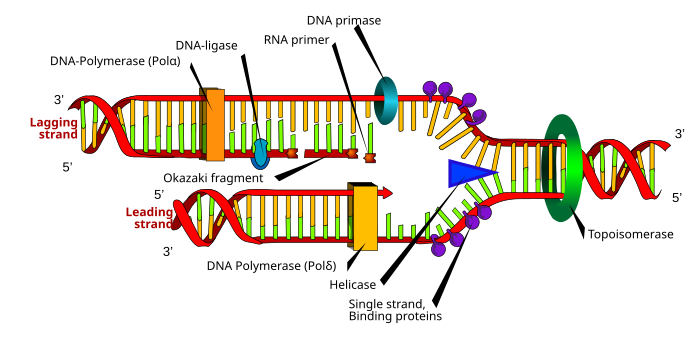Intelligent Design, “Naturalism” & “Materialism”
I now and then see it claimed that, among its various contributions, one key benefit of Intelligent Design is that it poses a direct challenge to naturalism, or materialism. The problem I have with this sort of talk is that one of the key planks of ID is a kind of metaphysical neutrality – the recognition that any designer or designers responsible for this or that particular design in the natural world can, at least in principle, be (for lack of a better-word) “non-supernatural”.
This is claimed often enough by Dembski, Behe and company, but my favorite quote on this front comes from a post right on this site: ID’s metaphysical openness about the nature of nature entails a parallel openness about the nature of the designer. Is the designer an intelligent alien, a computional simulator (a la THE MATRIX), a Platonic demiurge, a Stoic seminal reason, an impersonal telic process, …, or the infinite personal transcendent creator God of Christianity? The empirical data of nature simply can’t decide.
The problem is that if this is accurate – and frequent, consistent attestation by a number of prominent ID proponents seems to indicate as much – then it seems to me false to think of ID in and of itself as representing a challenge to either naturalism or materialism. Indeed, ID – even if ID inferences are not only strong, but ultimately true – seems entirely compatible with both positions, at least in principle. But I think it’s possible to recognize that, while at the same time explaining how ID can nevertheless represent a challenge to these positions, at least in a qualified manner.
So, let’s get right on that. The explanation I have in mind is simple, but important.

